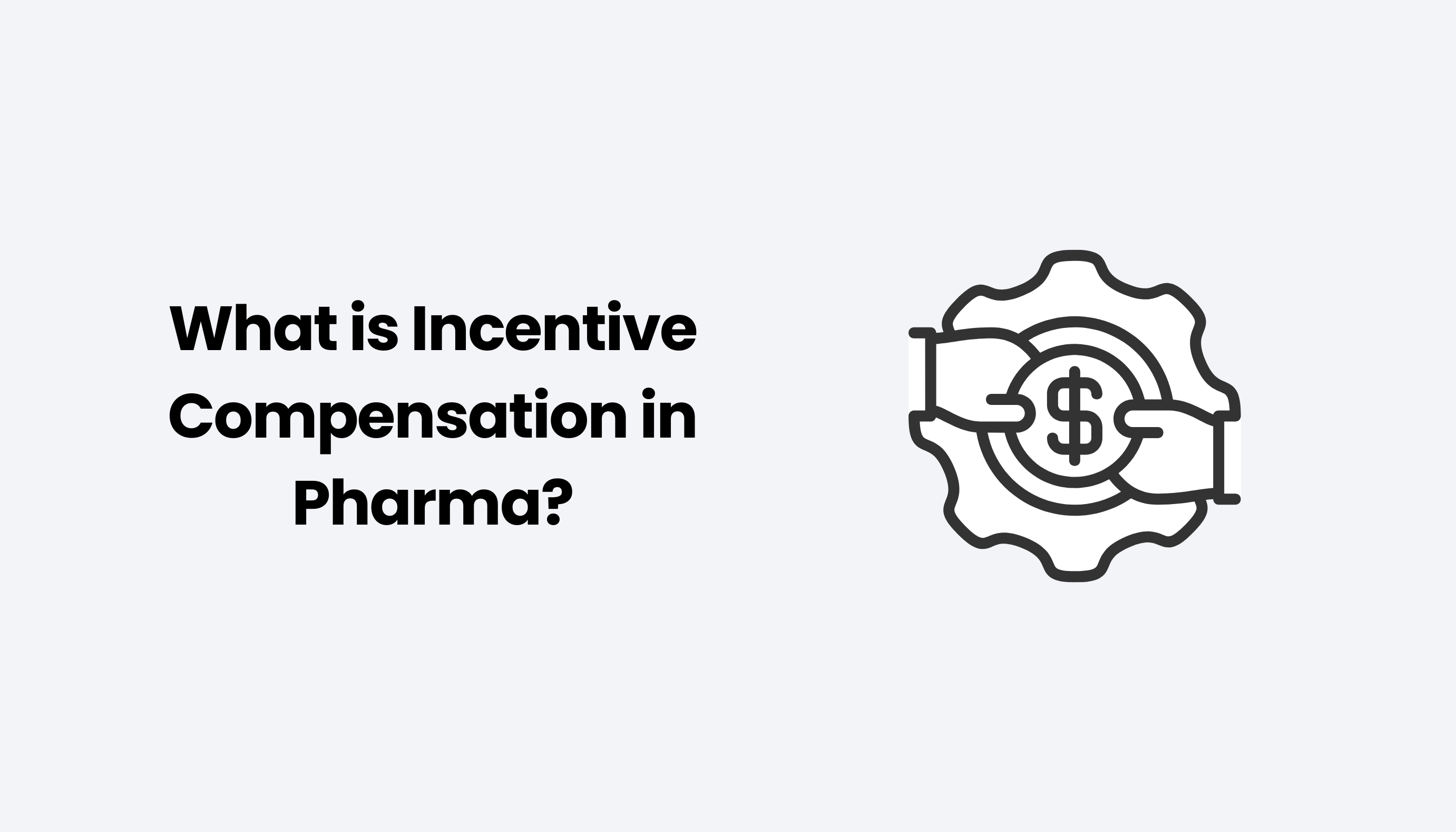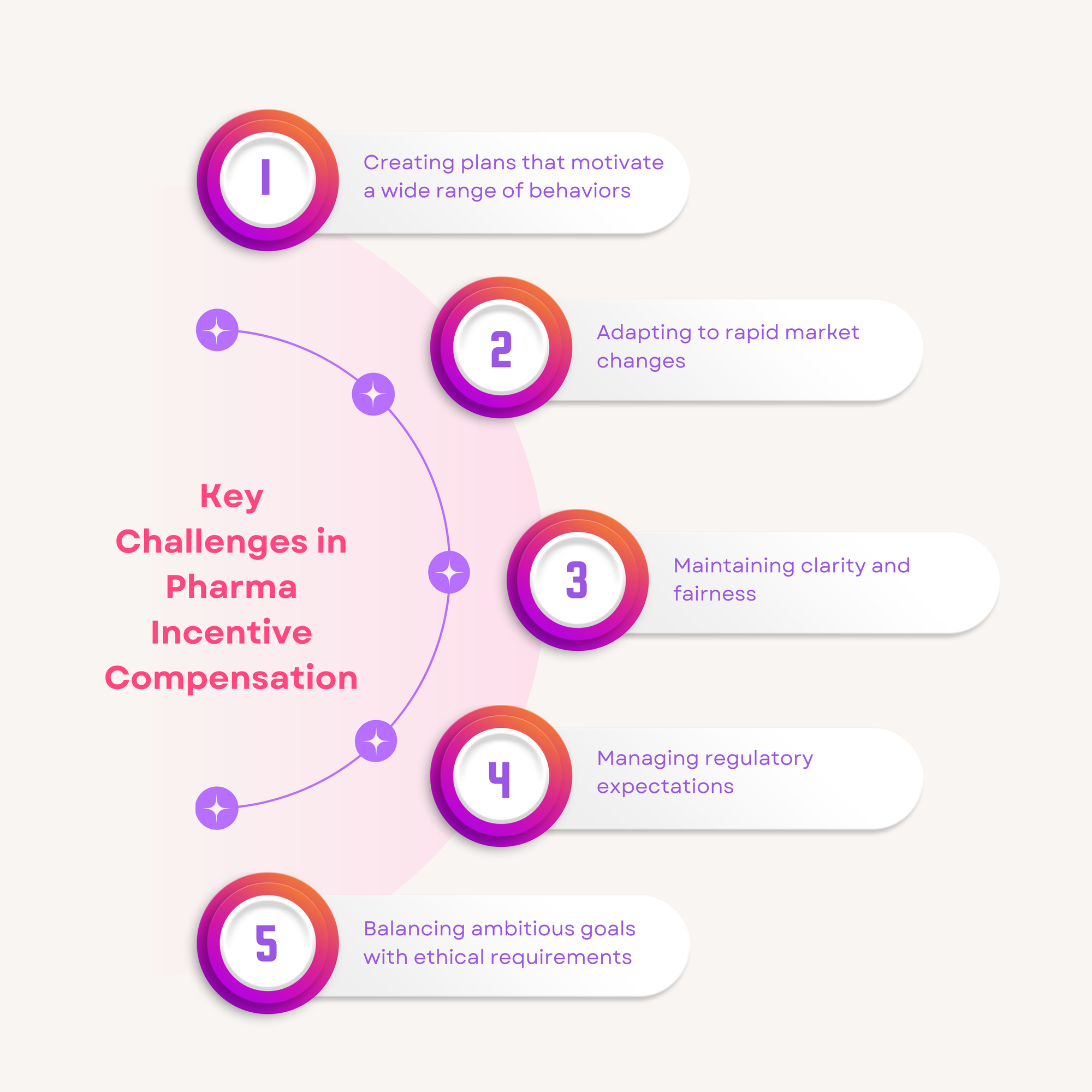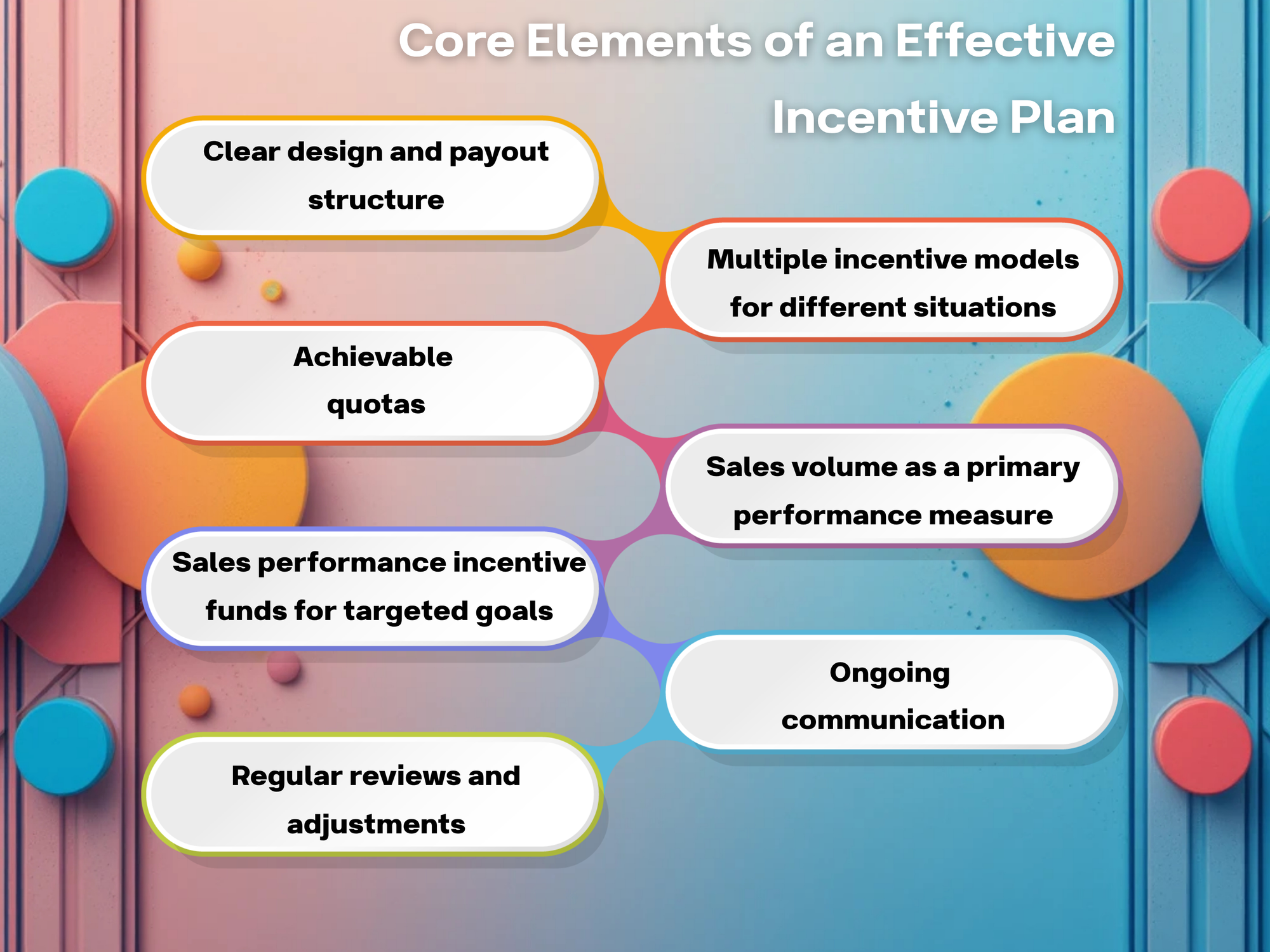What is Incentive Compensation in Pharma?

Incentive compensation in the pharmaceutical industry plays a major role in shaping sales performance, guiding behavior, and supporting organizational goals. It is designed to motivate sales representatives while keeping their daily actions aligned with broader business priorities. When managed well, it creates a dependable and focused sales force that contributes to steady commercial progress.
Table of Contents:
- Overview of Pharma Incentive Compensation Management
- What Is Incentive Compensation and Its Purpose?
- Key Challenges in Pharma Incentive Compensation
- Navigating Regulatory and Ethical Requirements
- Core Elements of an Effective Incentive Plan
Jump to a section that interests you, or keep reading.
Overview of Pharma Incentive Compensation Management
Pharma incentive compensation management is a structured approach to building compensation plans that match sales strategies. These plans aim to encourage sales representatives, strengthen performance, and support company growth.
A well-designed plan considers multiple internal and external elements such as market conditions, sales targets, and competitor movements. The overall approach includes:
- Setting clear and measurable objectives
- Using fair performance metrics
- Applying technology for accurate data tracking
- Balancing short-term and long-term incentives
This type of compensation planning is not limited to monetary rewards. It also supports a workplace environment that values achievement, helping morale, loyalty, and long-term consistency across sales operations.
What Is Incentive Compensation and Its Purpose?
Incentive compensation is a form of variable pay tied to product sales, team achievements, or organizational outcomes. Its main purpose is to motivate sales representatives to reach defined objectives that contribute to company performance.
These plans reward representatives who meet or surpass expectations, linking compensation to specific performance indicators. This alignment helps build a cohesive sales team that works toward the same goals.
Linking Compensation to Business Goals
Pharma companies rely on compensation plans that mirror their strategic direction. Alignment ensures that sales representatives contribute to priority outcomes such as improved customer satisfaction or higher market share.
This alignment requires:
- Defining strategic goals
- Converting those goals into actionable steps within the compensation plan
- Conducting routine reviews to adjust to market or organizational shifts
Including the marketing strategy within this alignment helps ensure that changes in promotional approaches or industry trends are handled smoothly. Rewarding collaboration and structuring teams correctly can further support consistency across the sales organization.
Importance of Performance Data in Compensation
Performance data is central to accurate payouts and fairness. It highlights top performers, identifies gaps, and helps refine compensation structures over time.
Analyzing data such as sales figures and customer feedback supports better decision-making. Data-driven plans reduce bias and tie rewards to actual achievements, building a workplace that values results and clarity.
Key Challenges in Pharma Incentive Compensation

Several challenges can make pharma compensation difficult to manage:
- Creating plans that motivate a wide range of behaviors
- Adapting to rapid market changes
- Maintaining clarity and fairness
- Managing regulatory expectations
- Balancing ambitious goals with ethical requirements
These challenges require continuous attention to keep the compensation structure aligned with industry rules and organizational values.
Issues With Manual Tracking and Commission Disputes
Manual systems often create errors, leading to disputes that damage trust within sales teams. Automation reduces these issues by improving accuracy, saving time, and avoiding misunderstandings. Clear data also strengthens communication across departments.
Ensuring Financial Accuracy and Compliance
Financial precision is crucial. Errors may lead to losses or legal consequences.
Compliance in pharma also demands strict attention. Regular audits help identify risks early. One commonly overlooked area is rebate impact; failing to account for rebates inflates financial figures and disrupts compensation planning. Tracking all incentive-related influences provides a clearer view of profitability.
Navigating Regulatory and Ethical Requirements
The pharmaceutical sector operates under strict rules. Compensation programs must follow the PhRMA Code, which governs interactions with healthcare professionals.
Plans should be built to guide proper conduct from the beginning. Clear rules, periodic reviews, and a focus on ethics build confidence among healthcare professionals and support long-term business stability.
Navigating Industry Regulations
Regulations such as the Anti-Kickback Statute and False Claims Act prohibit any incentive that may appear to influence healthcare professionals improperly.
Companies should:
- Maintain transparency
- Set defined earning criteria
- Audit plans frequently
- Document decisions
- Maintain open communication with healthcare professionals
This protects the organization from legal problems and maintains trust in the compensation structure.
Upholding Ethical Standards
Ethical compensation plans reward sales representatives for reaching targets the right way. Metrics should reflect both business goals and regulatory expectations.
Regular training ensures teams understand compliance boundaries. When representatives focus on delivering genuine value to healthcare professionals and patients, the company maintains strong credibility and avoids risky sales practices.
Core Elements of an Effective Incentive Plan

A reliable incentive plan supports motivation and ensures that compensation actions align with company goals. Several elements contribute to a strong plan:
- Clear design and payout structure
- Multiple incentive models for different situations
- Achievable quotas
- Sales volume as a primary performance measure
- Sales performance incentive funds (SPIFFs) for targeted goals
- Ongoing communication
- Regular reviews and adjustments
These components help create a plan that fits the dynamics of the pharmaceutical market and supports consistent performance.
Understanding Sales Compensation Models and Quotas
Compensation models should guide behaviors that match company priorities. They must also adapt to product cycles and market demand.
Quotas should challenge representatives without overwhelming them. Reviewing quotas regularly helps maintain steady performance throughout the year.
Balancing Short-Term Rewards and Long-Term Incentives
Short-term incentives—such as monthly or quarterly bonuses—encourage immediate results. In contrast, long-term incentives such as stock options support retention and alignment with long-range company goals.
A balanced approach ensures that short-term wins contribute to sustainable growth.
Conclusion
Incentive compensation in pharma plays a central role in shaping sales performance, reinforcing company priorities, and guiding representative behavior. When structured properly, these programs support consistent outcomes, build trust, and maintain alignment with regulatory and ethical standards. By combining clear objectives, accurate data, ethical guidelines, and thoughtful plan design, pharmaceutical companies can maintain a reliable and motivated sales force that contributes to both present and future business goals.
